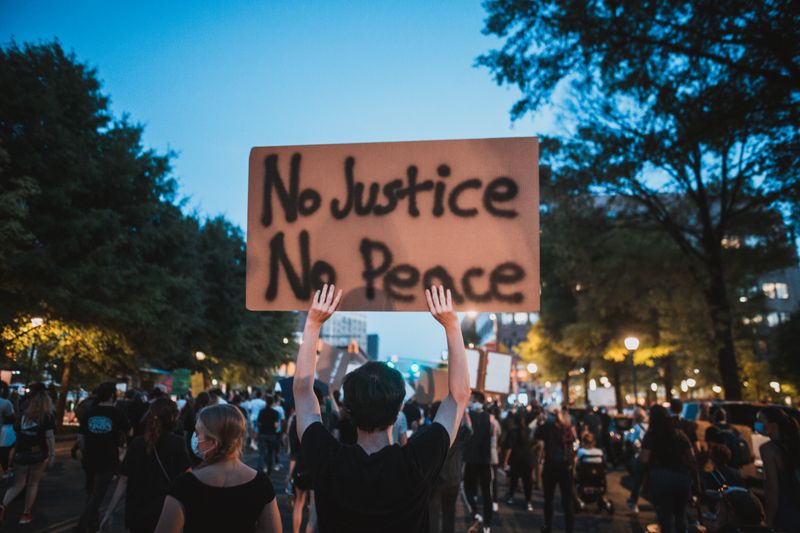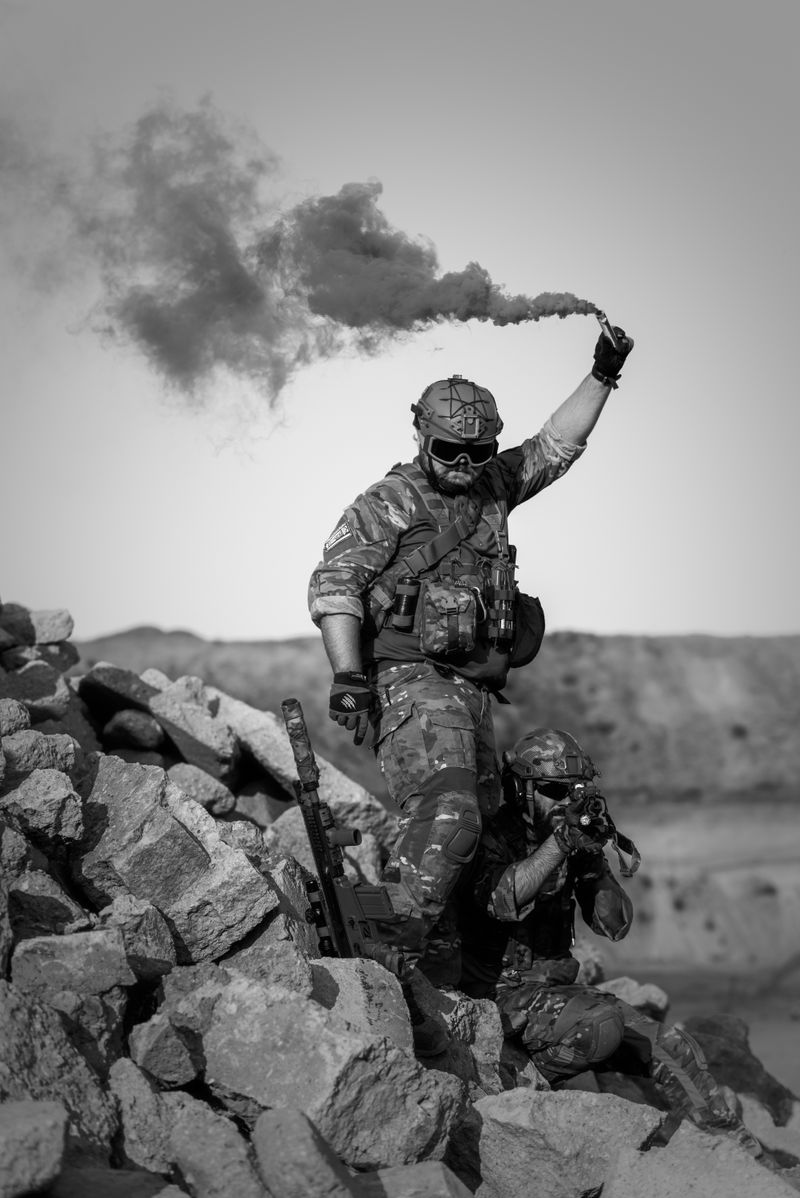Kosovo‘s Euro 2024 qualifier against Romania halted due to offensive chants
Ethnic tensions and football clashes
The recent Euro 2024 qualifier match between Kosovo and Romania was marred by offensive chants and banners from Romanian fans. The chants of “Kosovo is Serbia” were not only offensive but also highlighted the ongoing tensions between Kosovo and Serbia. The match was halted after only 18 minutes, with the score tied at 0-0, as the Kosovan players decided to leave the pitch and head to the changing rooms in response to the offensive gestures made by Romanian supporters. Romania is one of the few countries that still refuses to recognize Kosovo‘s independence, which has further fueled the tensions.
Kosovo, a mainly ethnic Albanian-populated territory, declared independence from Serbia in 2008. However, Serbia has continued to refuse to recognize this declaration and considers Kosovo as part of its territory, despite having no formal control there. This ongoing dispute has led to instability in the Balkan region, with tensions simmering between the two nations.
The recognition of Kosovo‘s independence
While approximately 100 countries, including the UK and the US, have recognized Kosovo‘s independence, some countries such as Russia and China still side with Serbia. Romania is another nation that does not recognize Kosovo‘s independence. This lack of recognition has contributed to the tensions and conflicts between the two nations.
It is important to note that the recognition of Kosovo‘s independence is not just a political matter but also has deep historical and cultural roots. The region has seen conflicts and wars during the 1990s, resulting in the loss of many lives. These tensions have continued to persist, leading to incidents like the recent clash between Kosovo and Romania.
Sports as a platform for political expression
Sports, particularly football, often become platforms for political expression and tensions. The actions of fans and players can have far-reaching consequences beyond the field. The clash between Romania and Kosovo is just one example of how ethnic tensions spill over into the realm of sports.
Football stars like Novak Djokovic, a Serbian tennis player, have also engaged in expressing their opinions on the Kosovo issue. Djokovic’s message on a camera lens at the French Open, which said ‘Kosovo is the heart of Serbia! Stop the violence,’ further highlights the deep-rooted emotions and divisions surrounding this issue.
The role of UEFA
Following the suspension of the match due to the offensive chanting, UEFA issued a statement condemning the discriminatory behavior of some supporters. The match eventually resumed after a 50-minute stoppage but remained heated, with six yellow cards and a red card issued in the first half.
UEFA’s intervention in such incidents is crucial in sending a message against discrimination and promoting fair play. The governing body has the responsibility to ensure that matches are held in an environment free from offensive gestures and chants.
Editorial
The clash between Romania and Kosovo highlights the deep-rooted divisions and tensions in the Balkan region. It is important for all parties involved to find a peaceful and diplomatic resolution to these conflicts. Recognizing Kosovo‘s independence and engaging in constructive dialogue could be a step towards fostering stability and unity in the region.
Sports events should be platforms of unity and celebration, free from political tensions. It is crucial for football associations, governing bodies, and fans to promote mutual respect and tolerance, allowing players and fans to enjoy the game without fear of offensive chants or gestures.
Advice
To the football associations and governing bodies:
- Take a strong stance against discriminatory behavior and offensive chants, issuing appropriate punishments and sanctions to ensure that such incidents are not tolerated.
- Promote education and awareness programs among fans and players, encouraging respect and understanding of different cultures and backgrounds.
- Engage in constructive dialogue with the involved nations to address the underlying political issues, while keeping sports and politics separate.
To the fans and supporters:
- Respect the diversity of the game and avoid engaging in offensive chants or gestures.
- Use the platform of sports to foster unity and celebrate the spirit of competition, rather than fueling tensions or divisions.
- Stay informed about the historical and cultural context of different nations, promoting understanding and tolerance.
Ultimately, it is the collective responsibility of all stakeholders to ensure that sports events remain a unifying force, spreading the values of respect, fair play, and peace.

<< photo by Kelly >>
The image is for illustrative purposes only and does not depict the actual situation.
You might want to read !
- Snapdragon: The Powerhouse behind Manchester United’s Next Season
- Serbia’s Chants Bring Disruption but Romania Triumphs: The Resilience of Kosovo
- Exploring the Clash: Live Stream and Messi’s Presence Revealed
- Rita Ora’s “You & I” Album Review: A Generic Pop Offering With a Missing Personal Touch
- Manchester United Secures Groundbreaking Jersey Partnership with Qualcomm
- The Forgotten Tragedy: Honoring the Victims of ‘the other’ 9/11
- “Examining the Controversial Sentencing of ‘That ’70s Show’ Actor Danny Masterson”
- The Unveiling: Exploring the Secrets of Sully in Netflix’s Top Boy Season 3 Episode 1




